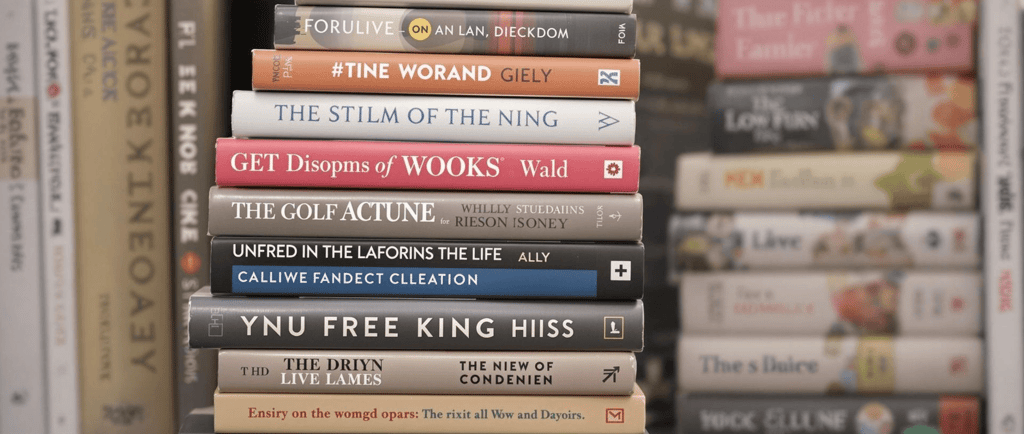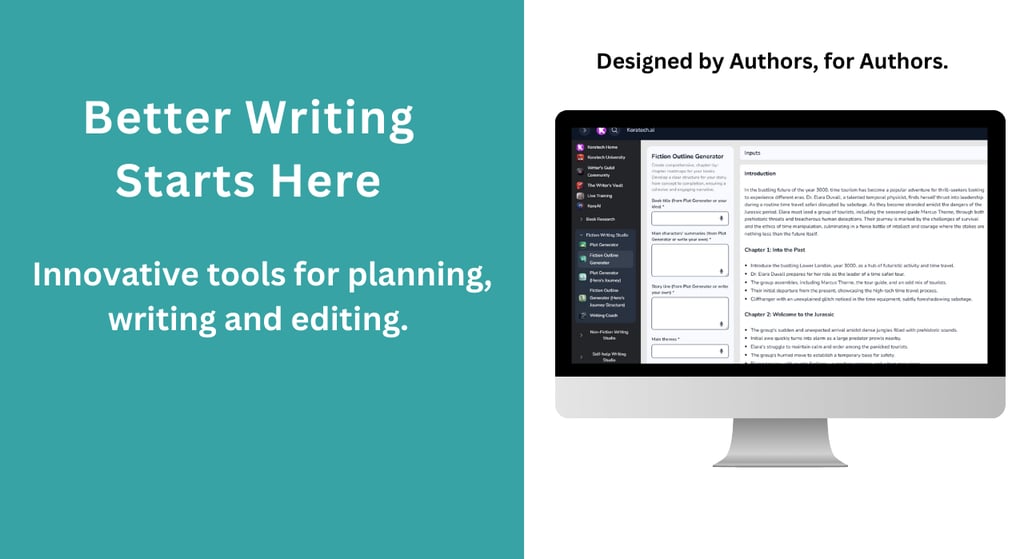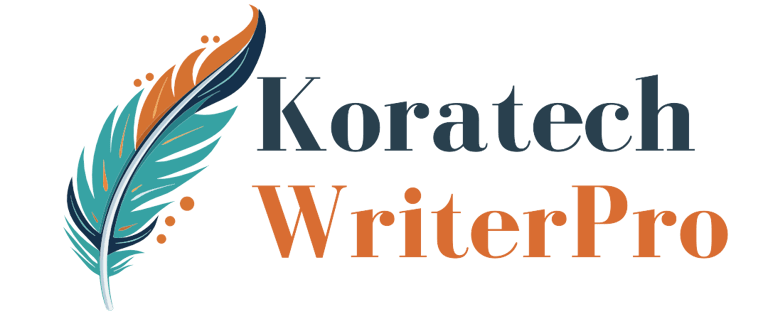The Complete Guide to Nonfiction Writing: Understanding Genres and Crafting Your Story
Learn how to pinpoint your book's genre and use it to shape your writing, reach the right readers, and ensure your story aligns with market expectations. Understand the key characteristics that define each genre to better position your book in the market.
WRITING & EDITING


The Complete Guide to Nonfiction Writing: Understanding Genres and Crafting Your Story
Nonfiction writing is a powerful tool for sharing human experience, knowledge, and truths. Unlike fiction, which allows authors to create entirely new worlds, nonfiction demands an honest presentation of reality—whether that’s through personal experiences, extensive research, or providing actionable guidance. Understanding the various genres within nonfiction can help writers choose the most appropriate path for their stories, ensuring that their work connects meaningfully with their audience.
In this guide, we’ll explore the key nonfiction genres and help you discover which one aligns best with your writing goals and strengths.
1. Memoirs: Personal Truth-Telling
Memoirs allow writers to explore specific aspects of their lives, offering a deep dive into personal experiences, emotions, and events. Unlike autobiographies, which cover an entire life, memoirs focus on moments or themes that shape a person’s perspective. These works often blend personal reflection with broader truths that can resonate universally.
If you're drawn to memoir writing, tools like Koratech’s Non-fiction Book Outliner can help you organize your memories in a way that captures emotional resonance. This genre challenges you to reflect on your past experiences while crafting a narrative that feels authentic and engaging.
Examples: Anthony Bourdain's Kitchen Confidential and Elizabeth Gilbert's Eat, Pray, Love show how memoirs use personal stories to convey universal themes—whether it’s the exploration of culinary passion or finding oneself in the midst of travel and reflection.
2. Autobiographies: The Complete Life Story
Autobiographies, on the other hand, provide a comprehensive account of a person’s entire life. These are meticulously organized narratives that span a person’s entire journey, from childhood to adulthood, often aimed at leaving behind a legacy or sharing life lessons.
If you’re writing an autobiography, it is important to maintain chronological accuracy while tying together different life experiences into a cohesive story. This genre not only demands careful structuring but also requires factual accuracy to ensure you paint a complete and truthful portrait.
Examples: Malala Yousafzai’s I Am Malala showcases how autobiography can be used to illuminate broader social and global issues, making personal experiences into a platform for social advocacy.
3. Biographies: Telling Others' Stories
Biographies focus on chronicling the lives of individuals other than the author. These require extensive research, interviewing people who knew the subject, and using a variety of historical records to build a narrative that captures someone else’s life. Modern biographers have access to a wealth of resources, including digital archives and online records, which make this genre particularly rich in information.
Koratech’s Research Assistant and Fact Checker tools help biographers manage their research efficiently while ensuring historical accuracy. Biographies require not only storytelling skill but also a deep understanding of the subject’s life and the ability to present it in an engaging and compelling way.
Examples: The biographies of historical figures like Michelle Obama, Helen Keller, or Steve Jobs offer a glimpse into someone’s life, achievements, and impact on the world—revealing insights that readers wouldn’t otherwise have access to.
4. Expository Nonfiction: Revealing Hidden Truths
Expository nonfiction serves to illuminate complex ideas or hidden truths. This genre demands rigorous research and clear, concise writing that explains these ideas to a broader audience. Whether you’re tackling scientific discoveries, historical events, or social issues, expository nonfiction presents factual content in a way that educates and enlightens.
Koratech’s Problem Solver Pro. can help you organize extensive research into compelling narratives, while its Breakthrough Builder ensures that your work addresses sensitive topics with cultural nuance. This genre requires careful handling of information, making sure that facts are presented in a way that’s both accessible and trustworthy.
Examples: Think pieces like Malcolm Gladwell’s Outliers or Bill Bryson’s A Short History of Nearly Everything use thorough research to unravel complex topics and make them relatable and understandable for the average reader.
5. Prescriptive Nonfiction: Guiding Change
Prescriptive nonfiction aims to guide readers toward personal or professional improvement. This genre blends actionable advice with storytelling, offering readers practical takeaways that can help them make positive changes in their lives.
When writing prescriptive nonfiction, tools like Koratech’s Action Point Tracker help you balance theoretical advice with actionable steps. This genre is especially popular in self-help books, leadership guides, and business manuals, where readers seek both guidance and motivation.
Examples: Books like Brené Brown’s The Gifts of Imperfection and James Clear’s Atomic Habits provide clear, actionable steps backed by real-world examples—transforming ideas into practices that lead to tangible improvements.
6. Narrative Nonfiction: True Storytelling
Narrative nonfiction blends the accuracy of factual reporting with the engaging techniques of storytelling. This genre allows writers the freedom to craft vivid, immersive narratives while maintaining a commitment to truth. Whether it’s a journalistic exposé or long-form journalism, narrative nonfiction combines the art of storytelling with the precision of fact-based reporting.
Koratech’s Non-Fiction Plot Builder is a valuable tool for structuring engaging narratives, while our Book Critic ensures that your pacing and flow are both captivating and accurate. Narrative nonfiction requires a delicate balance between creativity and truth—bringing real stories to life without losing sight of the facts.
Examples: The Immortal Life of Henrietta Lacks by Rebecca Skloot and Into the Wild by Jon Krakauer are prime examples of how narrative nonfiction can tell powerful stories grounded in reality, while still engaging readers with emotionally impactful writing.
Digital Age Considerations
In today’s digital landscape, nonfiction writing doesn’t just appear in print—it spans blogs, podcasts, videos, and social media. To succeed in this multimedia world, nonfiction writers must adapt their content for different formats. Koratech’s Social Post Creator helps ensure consistency across digital platforms, while our Niche Analysis tool helps optimize your content to target specific audiences.
Finding Your Nonfiction Path
Choosing the right genre isn’t just about understanding different forms; it’s about aligning your personal connection, writing style, and audience impact. Koratech’s Genre Analyzer evaluates your content based on factors like your personal engagement with the topic, your subject matter scope, the intended audience impact, available resources, and your natural writing style.
Ask yourself:
What drives your story—information, emotion, or guidance?
Do you want to explore experiences, share knowledge, or guide change?
Does your content flow better chronologically or thematically?
What kind of impact do you want to have on readers?
Conclusion: Embracing Nonfiction Opportunities
Nonfiction writing offers immense opportunities to share truth, knowledge, and personal experiences. By understanding the unique genres available, you can craft work that is aligned with your strengths, resonates with your audience, and leaves a lasting impact. With tools like Koratech.ai, you can refine your process, structure your narratives effectively, and ensure your work stands out in a digital world.


